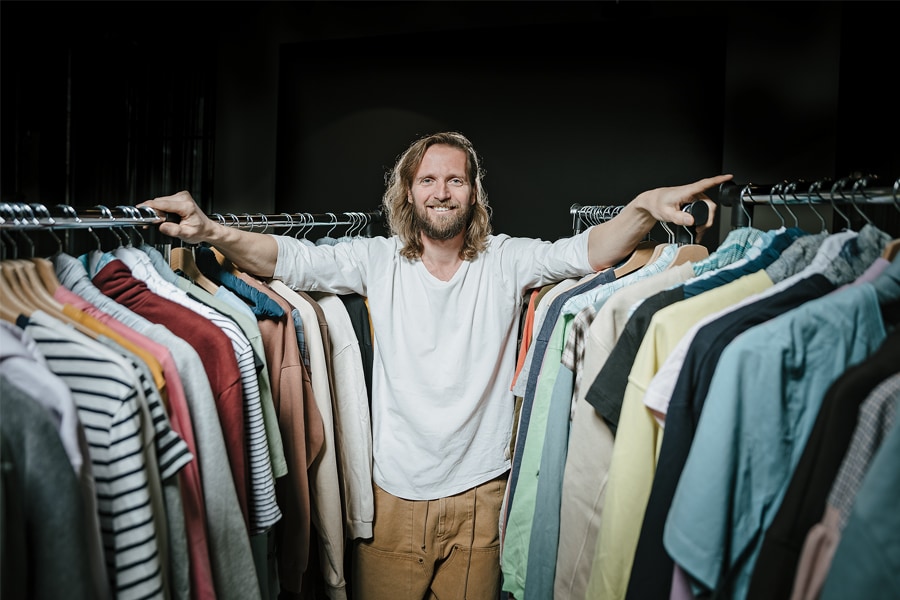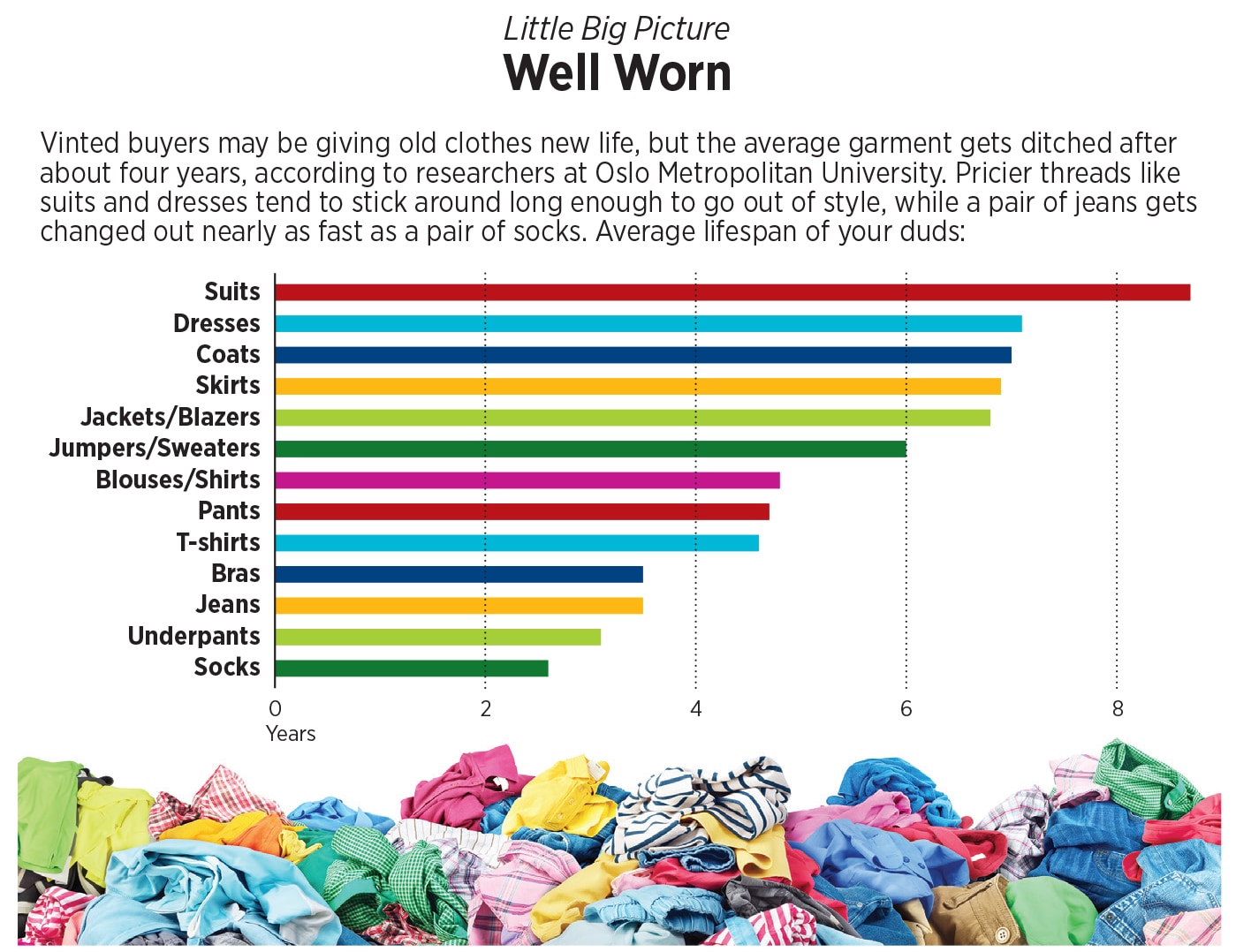
How Lithuania's Vinted cracked the luxury clothing resale code
Investors have blown billions of dollars on loss-making luxury clothing resale firms. Now, an unlikely startup from Lithuania, finally cracked the code
 Goodwill Hunting: Streetwear staples Adidas and Nike, and French womenswear brand Sezane, are the top movers on Vinted’s Europe-wide secondhand marketplace, says CEO Thomas Plantenga
Goodwill Hunting: Streetwear staples Adidas and Nike, and French womenswear brand Sezane, are the top movers on Vinted’s Europe-wide secondhand marketplace, says CEO Thomas Plantenga
Thomas Plantenga bet the future of Vinted on a television advertisement. The secondhand clothing resale app was burning $1 million per month and had less than a year of cash left when Plantenga made an $800,000 gamble on French television.
It was May 2016, and Plantenga had recently been hired to save the eight-year-old Lithuanian startup. After its founding at a college party in 2008, Vinted had grown rapidly as people from 10 countries used its platform to buy and sell secondhand clothes. But it was free for users, barely covering its server costs with advertising, and an attempt in 2014 to bolt on a Poshmark-style 20 percent sales commission resulted in a user revolt. Traffic almost halved overnight. The Netherlands-born Plantenga, who had never been to Lithuania, signed up for a five-week gig as a consultant in May 2016. He ended up becoming Vinted’s CEO 18 months later.
“They had the best retention and engagement numbers I have ever seen. Then they applied the Poshmark model and everything collapsed,” says Plantenga, 40.
His prescription was tough medicine: He closed most Vinted offices outside Lithuania, axed half the staff and slashed fees by 75 percent. “I became persona non grata in Vilnius—twice I was kicked out of an Uber because [the driver was] a friend of someone I got fired,” he says.
His last recommendation to Vinted’s three co-founders—Milda Mitkute, Justas Janauskas and Mantas Mikuckas—was perhaps the most shocking. “I was advising them to burn all the cash on TV, and there were rumours I had been hired by the competition to destroy the company,” he says.









